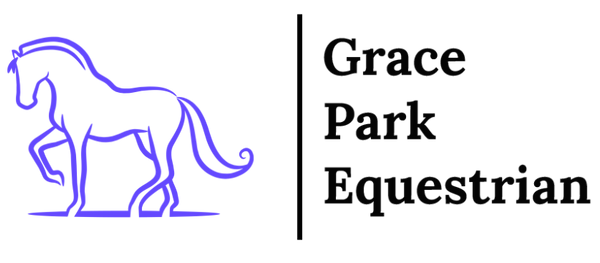Owning a horse is a big commitment, not just in terms of time and care, but also financially. From the initial purchase to ongoing expenses, there are many costs associated with owning a horse. Here are some of the financial aspects of owning a horse that you should consider before making the decision to buy:
Purchase price:
The initial purchase price of a horse can vary greatly depending on the breed, age, and training level of the horse. Expect to pay anywhere from a few hundred dollars for a young, untrained horse to tens of thousands of dollars for a well-trained show horse.
Boarding and stabling:
One of the biggest ongoing expenses of owning a horse is boarding and stabling. This can include the cost of hay, straw, and shavings, as well as the cost of a stall or pasture. Expect to pay anywhere from $200 to $1000 per month for boarding and stabling.
Feed:
A horse's diet is essential to their health and well-being. The cost of feed will vary depending on the type of feed, hay or grain, but expect to pay at least $50 to $100 per month.
Vet care:
Regular veterinary care is essential for maintaining a horse's health. Expect to pay for regular check-ups, vaccinations, and any necessary medical treatments.
Farrier:
A horse's hooves need regular care to keep them healthy. Expect to pay around $50 to $150 every six to eight weeks for a farrier to trim and shoe your horse's hooves.
Tack and equipment:
A horse needs proper equipment to stay safe and comfortable. Expect to pay for a saddle, bridle, halter, and other necessary equipment.
Training and lessons:
If you're a beginner, you'll need to invest in riding lessons and training. Expect to pay around $50 to $100 per hour for a lesson.
Insurance:
It's important to have insurance to protect yourself and your horse in case of accidents or illnesses. Expect to pay around $250 to $500 per year for horse insurance.
Show and competition expenses:
if you plan to compete, you'll need to budget for entry fees, travel expenses and other show-related costs.
By considering these financial aspects, you can get a better idea of the costs associated with owning a horse and whether it's something you can realistically afford. Keep in mind that owning a horse is a long-term commitment and it's important to budget for the ongoing expenses associated with the care of your horse.

